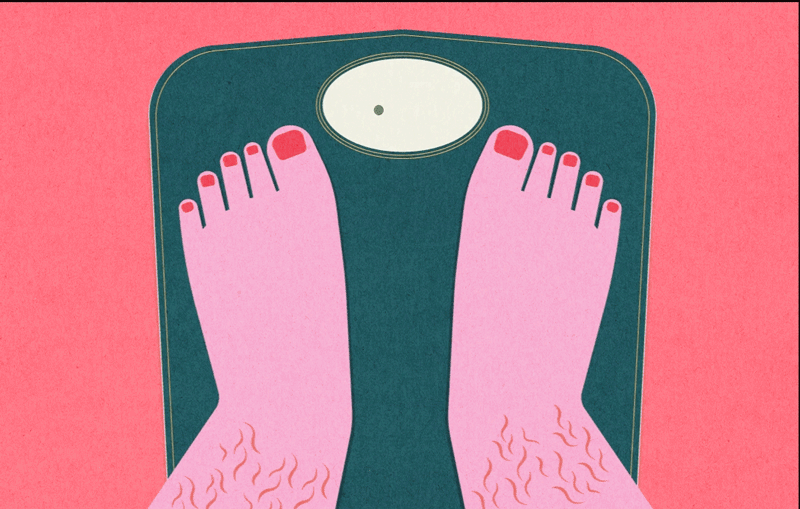
In partnership with Student Wellness, students from the College of Pharmacy and Nutrition hosted an interdisciplinary webinar series on Feb. 7 as a part of Eating Disorder Awareness Week 2022.
The panel consisted of Dr. Ayisha Kurji, and registered dieticians Dayna Berry and Amy Pickering, who spoke on weight bias and stigma in the healthcare system.
The speakers explored the important role that healthcare workers play in understanding weight bias and eliminating the stigma surrounding it.
Weight bias in healthcare refers to the negative attitudes exhibited toward patients because of their body size. These attitudes can extend to a range of body types and can be detrimental to the treatment plan of the patient and their overall wellbeing.
The panelists emphasized that these biases are heavily ingrained in our communities and present in the earliest stages of our lives.
“The message we see in society is, if you’re thin, you’re healthy and you’re well,” Dr. Kurji said.
Dr. Kurji reinforced the importance of understanding the bigger picture, acknowledging each individual’s differing circumstances. Finances, education and other health concerns can all be determinants of a person’s physical appearance and health.
To illustrate this concept, Dr. Kurji spoke about a program she led at a public library and the conversations she had with parents about weight bias present in early education.
“When [the parent’s] kid was in kindergarten, the teacher would look at everyone’s lunch and [say],‘This is a good lunch, here’s your gold star. This is not a good lunch, you don’t get the gold star today’,” Dr. Kurji said when recalling a conversation with a parent.
The weight bias in society presents itself early on in a child’s life, and can extend further down the road in highschool, university and when entering the healthcare system as a professional or patient. And these biases exist in all fields of healthcare.
For example, Pickering, a Saskatoon dietician, recalled an experience where one of her patients was seeking out gender confirmation surgeries.
“The surgeon did not talk to this person. They looked at their BMI [Body Mass Index] and denied them surgery. And that was just so heartbreaking,” Pickering said. Not accounting for important variables such as age, biological sex, fat and muscle distribution makes BMI an invalid indicator of health.
When approaching conversations about treatment, medical professionals hold a great deal of influence on their patient’s mental and physical health, and language used with a patient can play an enormous role.
The way that weight is discussed in the medical field can be a key indicator of the progression of a patient’s treatment.
The use of numbers and addressing topics of weight loss or weight gain can be incredibly triggering to some patients and can negatively impact their health. Many patients undergo poor treatment or are subjected to inappropriate language surrounding their body when seeking help.
Having had weight biases themselves, the panelists spoke about how prevalent this negative attitude was in their formal medical education, and why it is important to shift these attitudes from the inside out.
“It wasn’t until I graduated that I did my own research and reached out to people about how we are approaching weight and diet,” said Berry, a registered dietitian in Regina. “It needs to start in school because it’s really hard to change the culture once you’re in healthcare.”
In speaking about their experiences as medical professionals, the guest speakers urged students to be aware of their biases and how their formal medical education was a great contributor to those negative attitudes.
“We are looking at ways that we can plant seeds in our department [pediatrics] of the [biases] people aren’t even aware… that they have. Still lots of work to do, but important work,” Dr. Kurji said.
—
Rayyann Haque | Staff Writer
Graphic: Jaymie Stachyruk | Graphics Editor
Leave a Reply